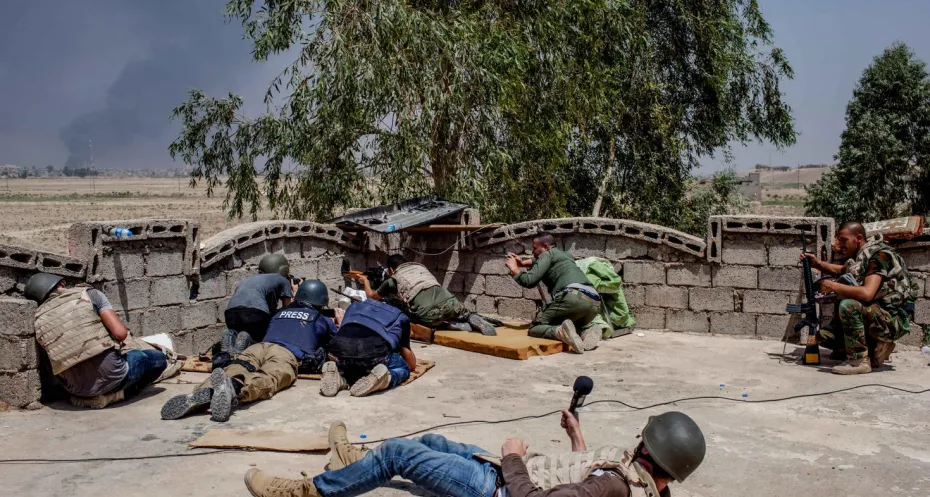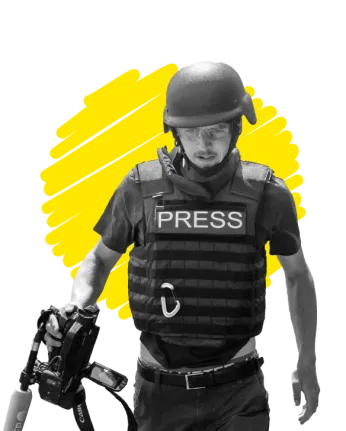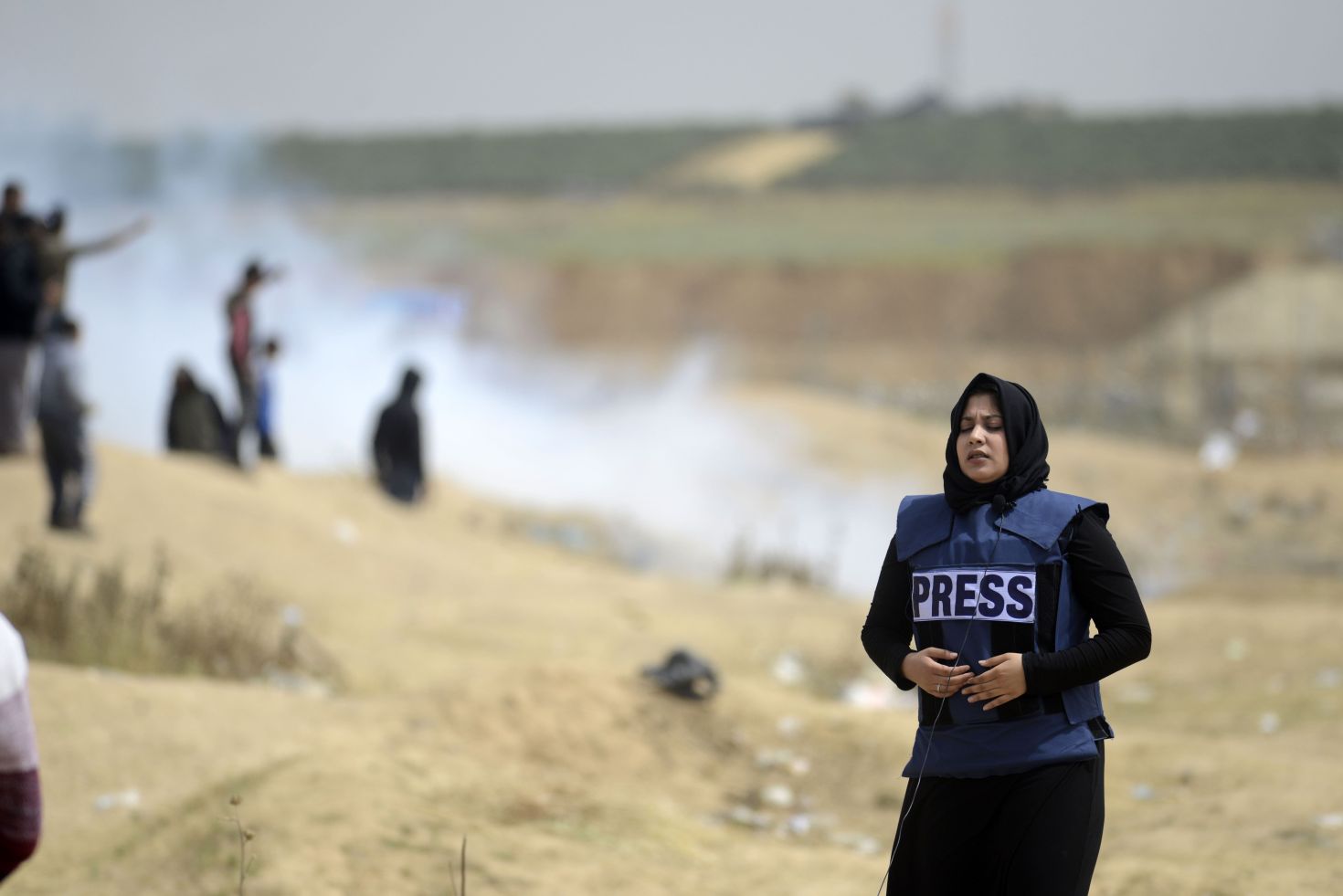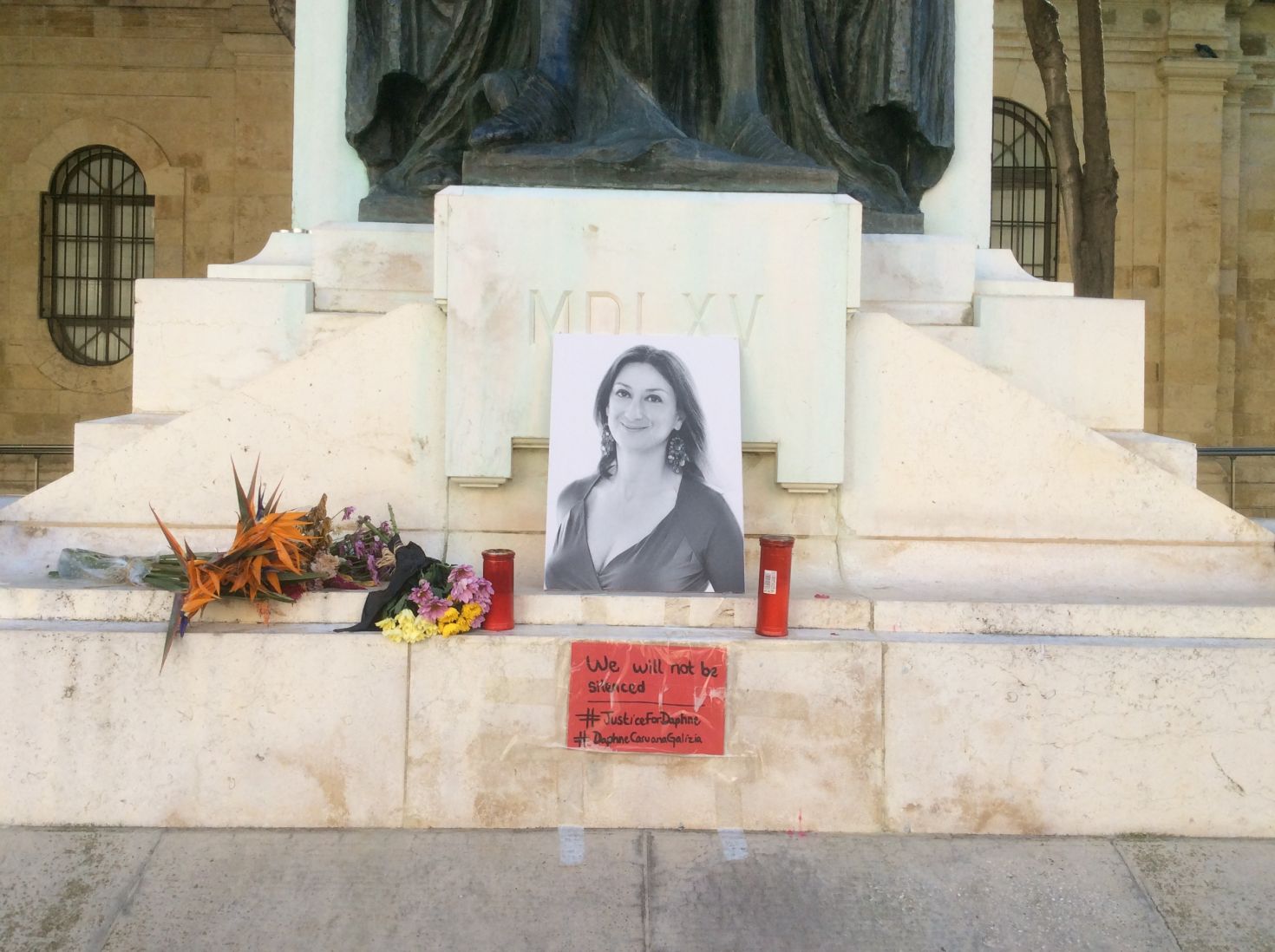
Reporters Respond: emergency & legal support
Around the world, journalism faces increasing and unprecedented levels of repression, violence, intimidation, and judicial harassment. If journalists...



